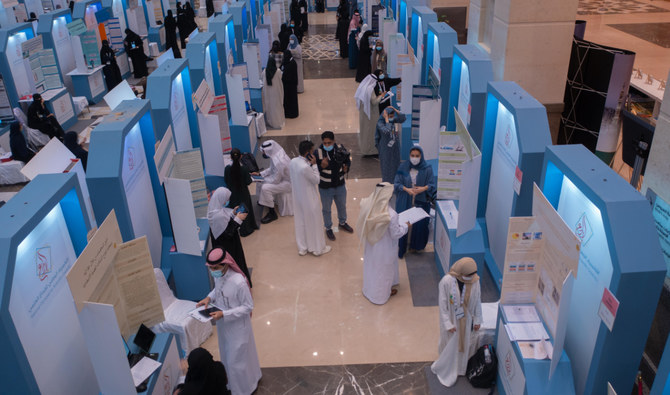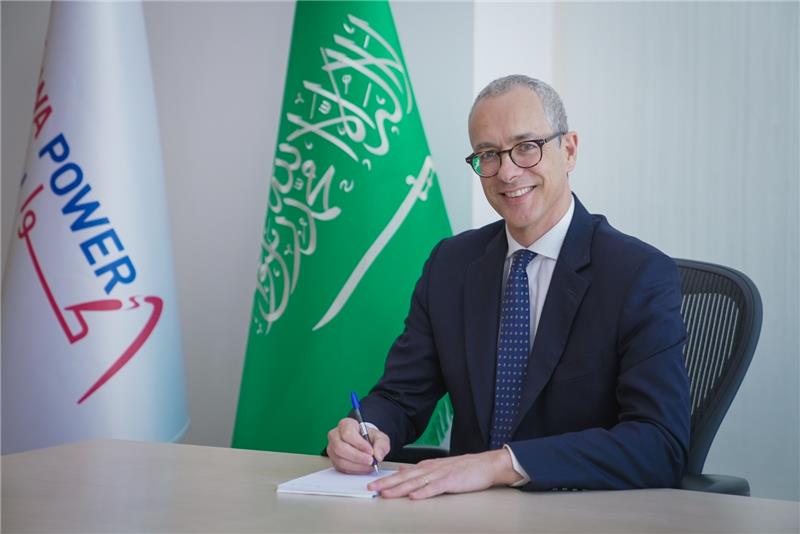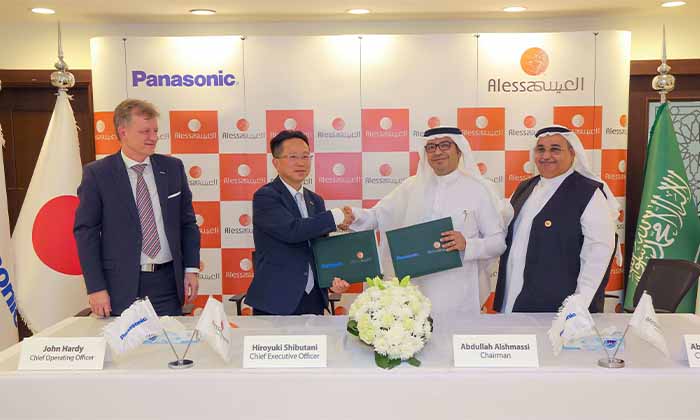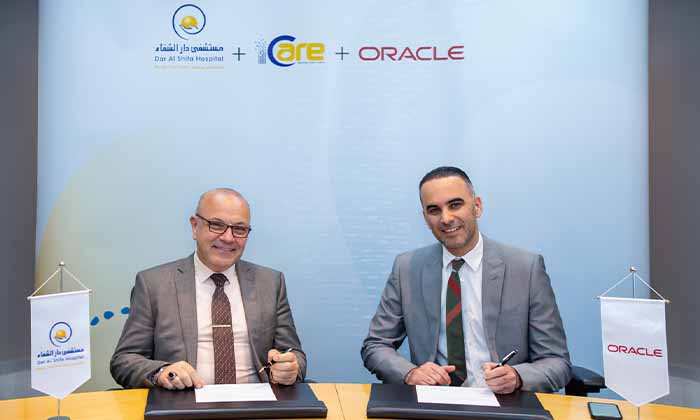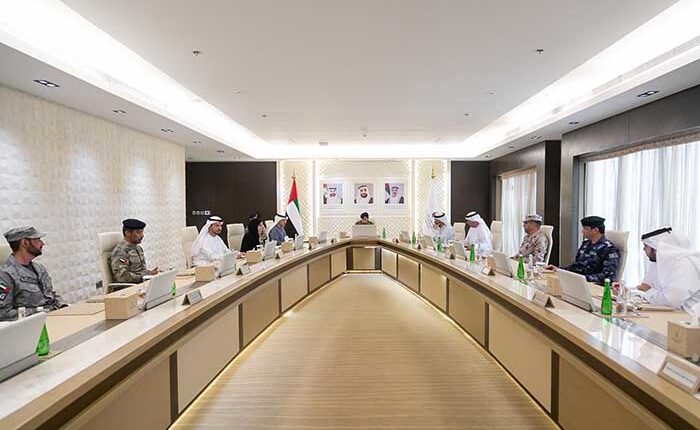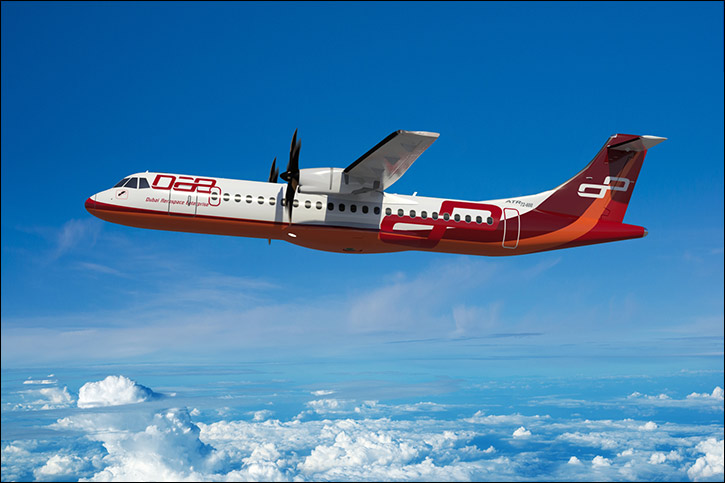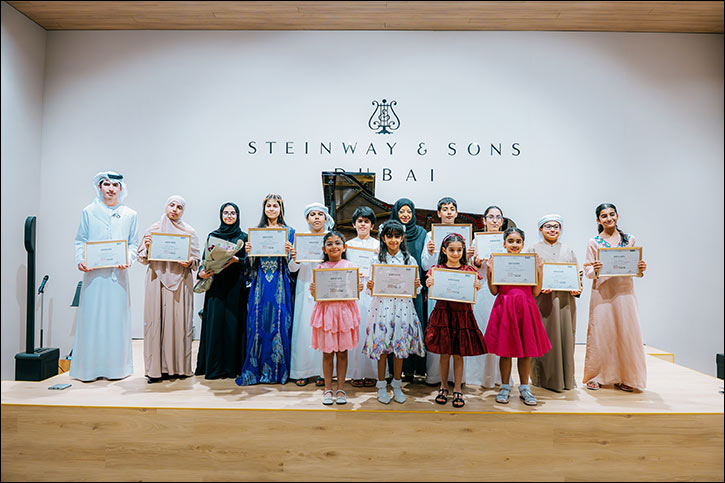More than 150 Saudi students are participating in the 2022 National Olympiad for Scientific Creativity — Ibdaa 2022. More than 103,000 students applied to take part.
The event — organized by King Abdulaziz and his Companions Foundation for Giftedness and Creativity, also known as Mawhiba, in collaboration with the Ministry of Education — is billed as “Saudi Arabia’s largest pre-college science and engineering competition.” It began on Wednesday and will run until Saturday at King Salman International Convention Center in Madinah.
The winners will receive awards provided by “leading national and international institutions,” according to the organizers.
Majid Al-Kinani, head of the media department at Mawhiba, told Arab News that Ibdaa 2022 represents “the optimal investment in Saudi talent, enhancing its pivotal and strategic role in building knowledge, creating effective economic pillars, and providing attractive and creative environments.”
The event will include lectures on innovation, entrepreneurship, intellectual property rights, research practices, and data privacy, he added.
“The forum is held annually under the supervision of educational experts and in direct coordination with the Ministry of Education throughout the Kingdom,” Al-Kinani explained.
He noted that Saudi Arabia is home to a number of talented innovators and that the country’s technological infrastructure is designed to help them realize their potential.
“All these factors have enabled the Kingdom to excel in international competitions for talented people, allowing it to compete and receive international awards (for) scientific and technical excellence in various fields.”
A total of 155 projects have been shortlisted to take part in Ibdaa 2022’s final exhibition — 99 created by girls and 56 created by boys. They will be competing for numerous awards and to represent the Kingdom at the 2022 Regeneron International Science and Engineering Fair, which will be held in the US in May.
The participating projects fall into 21 categories: Integrated systems; robots and smart devices; mathematics; energy; biomedical and health sciences; social and behavioral science; transitional medical sciences; physics; astronomy; chemistry; biochemistry; environmental engineering; biomedical engineering; mechanical engineering; computational biology; informatics; cellular and molecular biology; material science; environmental sciences; botany; and software.
The entrants are divided into eight regions. Makkah has the most projects, with 50 entries followed by the Eastern Province with 41, Riyadh with 36, Madinah with 12, Jazan with five, Qassim and Asir with four projects each, and Najran with three.
